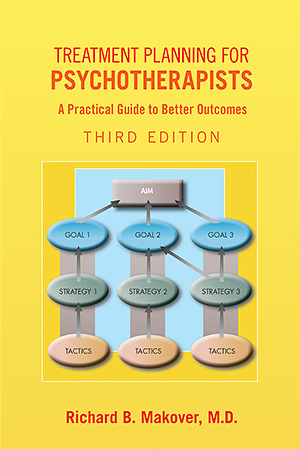Chapter 14.The Structural Impasse
Sections
Excerpt
A structural impasse is the point at which no further advance in a course of psychotherapy occurs, even though the participants continue to meet. The source of this failure is the treatment plan itself. This problem almost never occurs at the beginning of therapy. Instead, after a productive period in which the therapist may be enthusiastic about a new patient’s intriguing problems and the patient may be hopeful that therapy will provide relief and direction, progress slows or even suddenly stops. There seems to be no way to move forward again. Although enthusiasm and hope combined to fuel the early gains, the gap between the therapist’s agenda and the patient’s expectations widens. What happens then is that
Access content
To read the fulltext, please use one of the options below to sign in or purchase access.- Personal login
- Institutional Login
- Sign in via OpenAthens
- Register for access
-
Please login/register if you wish to pair your device and check access availability.
Not a subscriber?
PsychiatryOnline subscription options offer access to the DSM-5 library, books, journals, CME, and patient resources. This all-in-one virtual library provides psychiatrists and mental health professionals with key resources for diagnosis, treatment, research, and professional development.
Need more help? PsychiatryOnline Customer Service may be reached by emailing [email protected] or by calling 800-368-5777 (in the U.S.) or 703-907-7322 (outside the U.S.).



